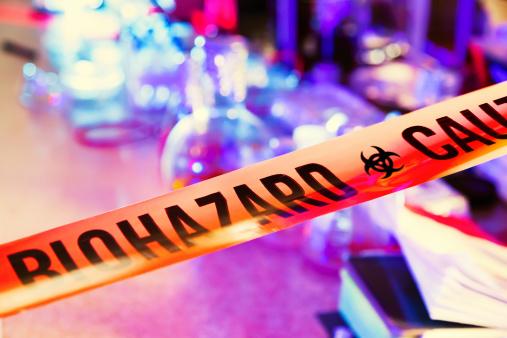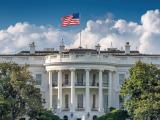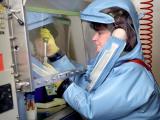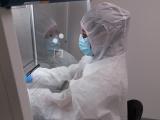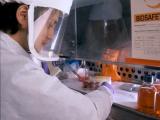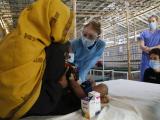Boston University's National Emerging Infectious Diseases Laboratories (NEIDL), completed in 2008 but yet to begin work on the most dangerous pathogens, cleared two more obstacles yesterday when the Boston city council struck down a proposed ban on the work and a state court turned back a challenge to a risk assessment.
Following a long debate a month ago, the Boston city council voted eight to five against a proposed ban on biosafety level 4 (BSL-4) work at the lab, according to a report today BU Today, the campus newspaper.
Over the past several years the lab has faced a host of litigation hurdles from neighborhood and other groups who oppose work on the pathogens at the lab over safety concerns in the urban area where the facility is located.
Also, the project has been mired in controversy over gaps in a risk assessment conducted by the National Institutes of Health (NIH). In 2011, however, the National Academies of Sciences (NAS) reviewed a revision of the NIH's risk assessment, finding vast improvements.
In the other action, yesterday the Massachusetts Superior Court rejected a challenge to the NIH's risk assessment, according to the BU Today report. In October a federal court took a similar action, ruling that the NIH's final risk assessment adequately analyzes the safety risks. The risk assessment looked at several scenarios, including containment failures and terrorist acts.
The lab still needs approval from the Boston Public Health Commission before it can begin BSL-4 research.
During all the legal challenges, the lab has done only BSL-2 work. Last September a federal court cleared the way for BSL-3 work to begin, and scientists are getting ready to start tuberculosis research at the lab, according to BU Today.
See also:
May 15 BU Today story
Oct 1, 2013, CIDRAP News scan "Boston BSL-4 lab clears judicial hurdle"
NEIDL Web site
